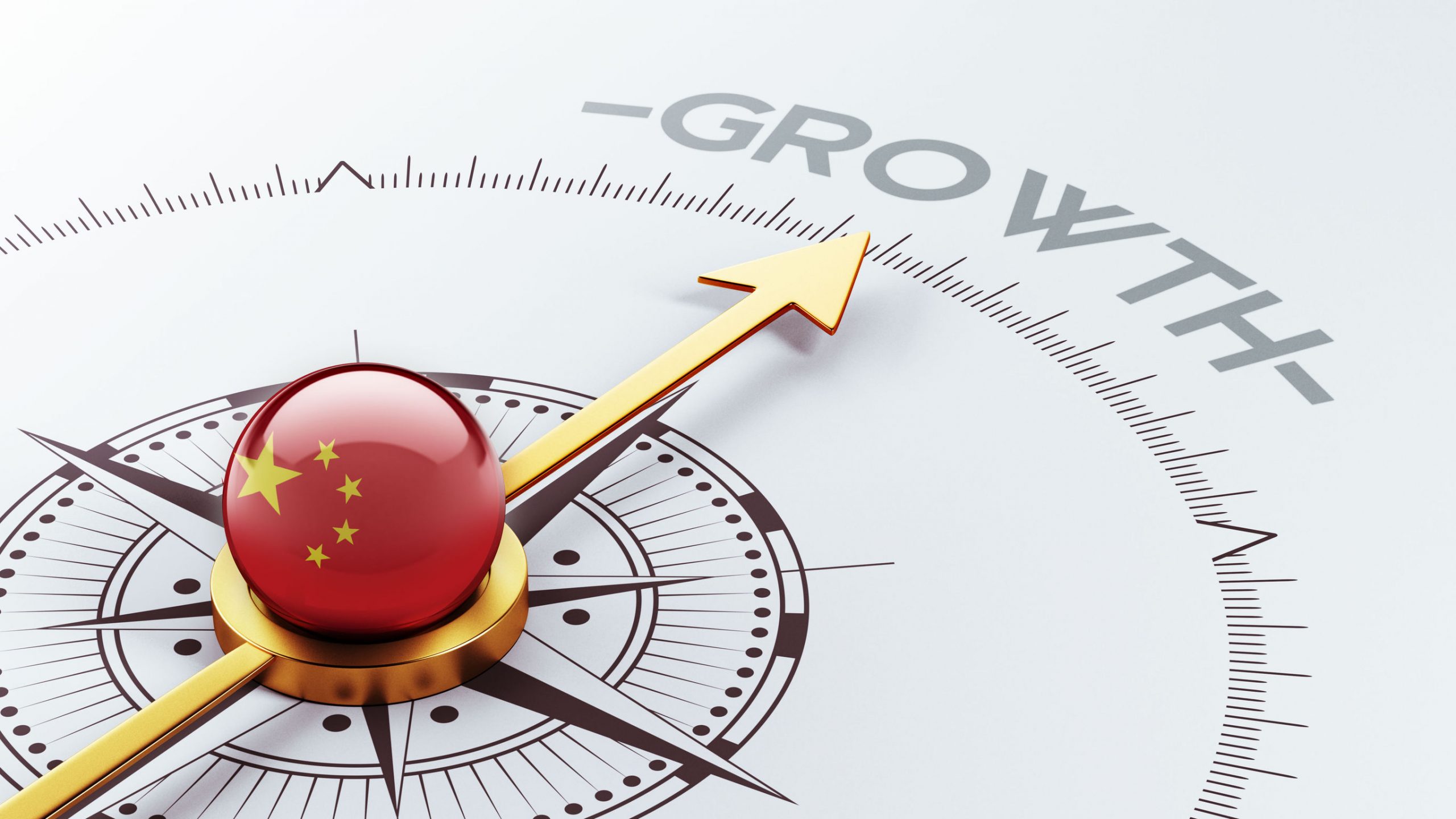
China’s continued growth has generated a historically unprecedented reduction in global poverty, and real income growth for the World Economy. But it has also reshaped the geography of world manufacturing trade; raised the pressure on natural resources and transformed world political and strategic priorities. As China’s growth slows, new challenges are emerging both for China and the world economy.
This research group is focused on the economic and political challenges arising from China’s rise.
Examples include:
- The need for economic reforms and whether China can avoid the middle-income trap
- Understanding how China can manage a transition to a more domestic consumer and service-oriented economy, with high productivity and incomes
- The implications of China’s slowing growth for the world economy in terms of commodity prices, inequality, trade, and capital markets, and economic security.
The 2016 workshop focused on the challenges that have arisen from China’s growth prospects and their global implications.
- Can China continue reforms and avoid the middle-income trap and manage a transition to a more domestic consumer and service-oriented economy, with high productivity and incomes?
- What are the macroeconomic implications of China’s slowing growth for the world economy in terms of commodity prices, inequality, trade, and capital markets, and economic security?
The group works to further global engagement on understanding these challenges through developing an international network of researchers and fostering ongoing research collaboration.
Selected outcomes
2018
Academic Publications: (ten in total)
- Zhu, Ning, Yanrui Wu, Bing Wang and Zhiqian Yu, 2019, “Risk Preference and Efficiency in Chinese Banking”, China Economic Review 53, 324-41
- “Post-disaster Aid and Development of the Manufacturing Sector: Lessons from a Natural Experiment in China” (Erwin Bulte, Lihe Xu, and Xiaobo Zhang), European Economic Review, 101: 441–458, 2018.
- “Home Ownership as Status Competition: Some Theory and Evidence,” (Shang-jin Wei, Xiaobo Zhang, and Yin Liu), Journal of Development Economics,127: 169-186, 2017.
Policy Input
- China’s economic power is actually a lot smaller than you think” published in The Conversation
2017
Academic Publications: (five in total)
- Li, Q., Wu, Y. 2017, ‘Intangible capital in Chinese regional economies: Measurement and analysis’, CHINA ECONOMIC REVIEW
- “WTO Accession and Performance of Chinese Manufacturing Firms” (2017) with Loren Brandt, Johannes Van Biesebroeck and Luhang Wang, American Economic Review, 107(9)
- Wei, Shang-Jin, Zhuan Xie, and Xiaobo Zhang. 2017. “From “Made in China” to “Innovated in China”: Necessity, Prospect, and Challenges.” Journal of Economic Perspectives, 31(1): 49-70.
- Post-disaster Aid and Development of the Manufacturing Sector: Lessons from a Natural Experiment in China” (Erwin Bulte, Lihe Xue, and Xiaobo Zhang), European Economic Review, 101: 441–458, 2018.
- Roads to innovation: Firm-level evidence from China,” (Xu Wang, Zhuan Xie, Xiaobo Zhang, and Yiping Huang), China Economic Review, forthcoming.
Scholarly event
- Academic Conference held at UWA “China’s New Normal Growth: Opportunities and Challenges”, 12-14 July 2017, aprox 200 participants.
2016
Scholarly event
- Conference: China’s Growth Transition: Challenges and Global Adjustments , 3 -4 October 2016